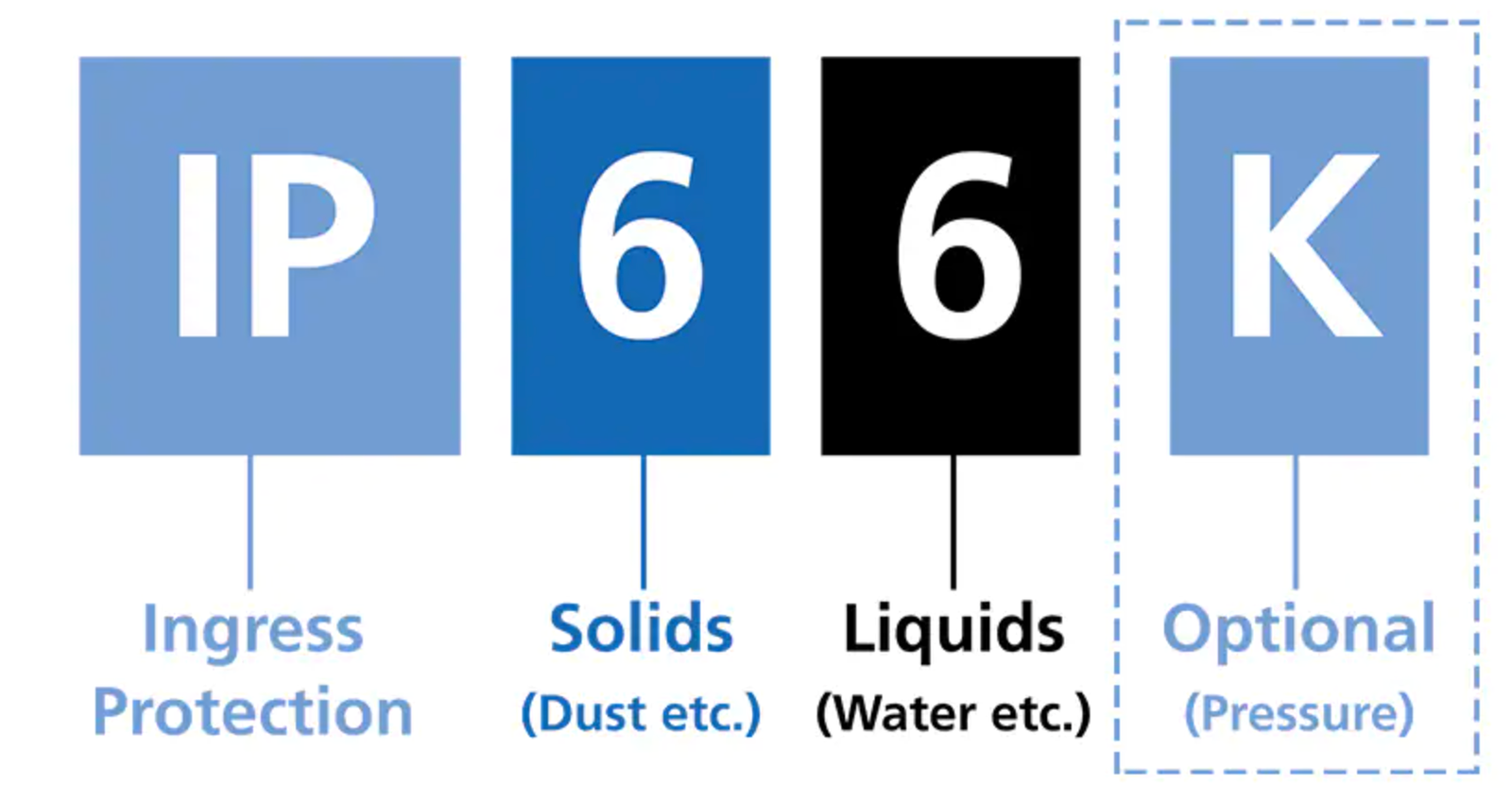In a move that underscores the tensions between automotive industry realities and environmental regulations, Stellantis CEO Carlos Tavares has called for a revision of the European Union’s ambitious 2035 ban on the sale of new fossil-fuel cars. This stance highlights a pivotal moment in the automotive industry’s journey towards sustainability and raises questions about the viability and social implications of a swift transition to electric vehicles (EVs).
Key Highlights:
- Stellantis CEO Carlos Tavares seeks renegotiation of the EU’s 2035 ban to include a larger role for hybrid vehicles.
- Tavares highlights the social consequences of a sudden shift to EVs, citing affordability issues for middle-class consumers.
- The EU’s regulation aims for a 100% cut in CO2 emissions from new cars by 2035, effectively banning fossil fuel-powered vehicles.
- Concerns about job losses in the industry and the readiness of the infrastructure for a fully electric future are also part of the debate.
The Controversy Around the 2035 Ban
The European Union’s proposed 2035 ban on new fossil-fuel cars is part of a broader strategy to combat climate change and reduce emissions. However, Tavares argues that the transition to electric vehicles, as mandated by the EU, may have unintended social consequences due to the higher costs associated with EVs compared to their fossil-fuel or hybrid counterparts. He suggests that denying middle-class access to affordable mobility could lead to significant social unrest.
The Case for Hybrids
Tavares emphasizes the role of hybrid vehicles as a feasible bridge technology towards fully electric vehicles. He suggests that hybrids, particularly mild hybrids, can significantly reduce CO2 emissions while keeping vehicles affordable for the average consumer. The Stellantis CEO calls for a more flexible approach that allows hybrids to play a greater role in the transition period.
Industry and Employment Concerns
The transition to electric vehicles poses not just technical and consumer challenges but also raises concerns about the future of jobs in the automotive sector. Tavares points out that tens of thousands of jobs could be at risk as the industry shifts from internal combustion engines to electric motors, highlighting the need for careful consideration of the social and economic impacts of such policies.
The EU’s Stance
Despite these concerns, the European Union remains firm in its commitment to the 2035 ban, aiming to accelerate the shift towards electric vehicles to mitigate climate change. The regulation requires a 100% cut in CO2 emissions from new cars by 2035, with interim targets set for 2030. Some flexibility is provided for small carmakers and the introduction of weaker targets for specific cases until 2036.
The debate over the EU’s 2035 ban on fossil-fuel cars, highlighted by Stellantis CEO Carlos Tavares’ recent comments, underscores a critical junction in the transition to a more sustainable automotive industry. While the environmental imperatives driving the EU’s policy are clear, the social, economic, and logistical challenges it presents are equally significant. A balanced approach, possibly incorporating a more significant role for hybrid technology, could offer a pragmatic pathway forward. This approach would align the automotive industry’s evolution with environmental goals while mitigating potential social and economic disruptions.






























